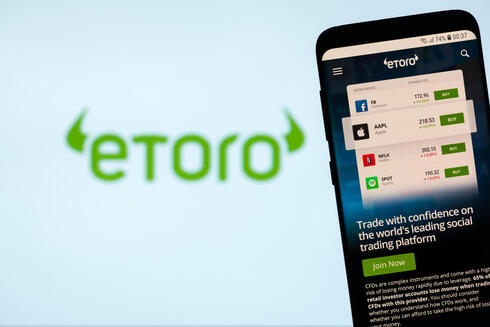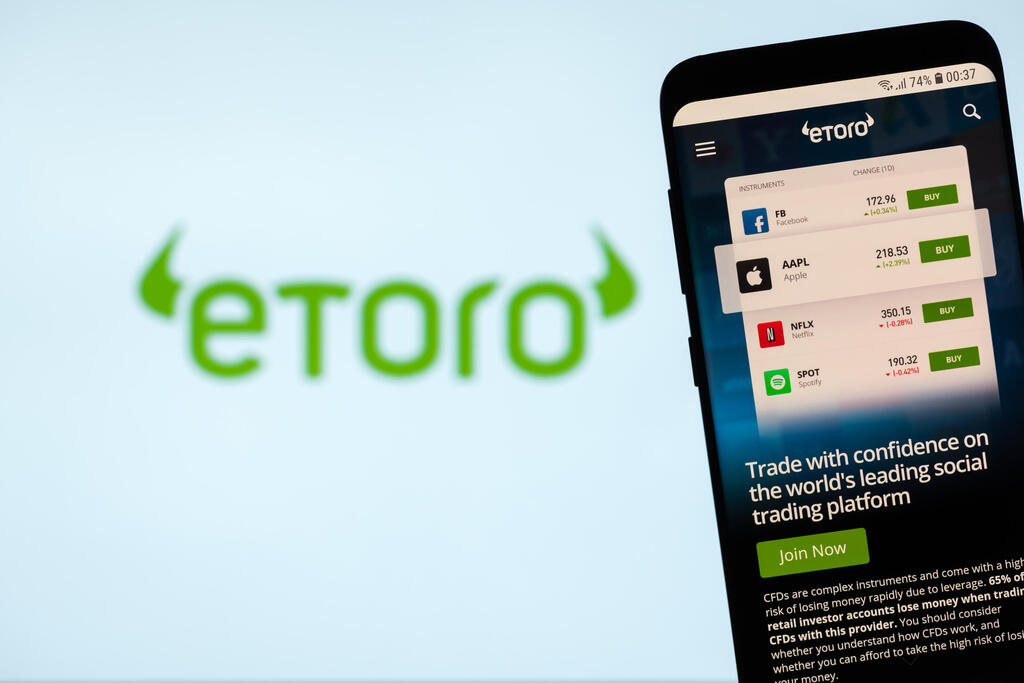
eToro officially takes its IPO plans public
After weeks of rumors, the fintech giant confirms its confidential filing for a Wall Street listing.
After months of rumors and speculation, the Israeli fintech company eToro has officially announced that it has filed a confidential prospectus for an IPO on Wall Street. While eToro has not disclosed specific figures related to the offering, estimates suggest it will seek a valuation of at least $5 billion. The company stated that it will provide further details only after the prospectus is approved by the US Securities and Exchange Commission (SEC), which previously delayed its IPO and ultimately led to its cancellation.
eToro initially attempted to go public in 2021 through a merger with a SPAC, a deal that was expected to be completed at a valuation of over $10 billion. However, the plan faced regulatory hurdles due to the company's active involvement in Bitcoin trading. While navigating discussions with the SEC, market conditions deteriorated as the high-tech bubble burst, forcing eToro to abandon the SPAC deal. Now, with Bitcoin surging sharply following Donald Trump's election, eToro has renewed its IPO efforts.
The company is led by CEO Yoni Assia, who founded eToro in 2007 alongside his brother Ronen Assia. Since canceling its IPO, eToro raised $250 million in a private funding round in 2023, at a valuation of $3.5 billion. The delayed public offering also led to workforce reductions, and the company now employs approximately 1,700 people, including about 1,000 in Israel.
In addition to its IPO ambitions, eToro has been expanding its offerings. In September 2023, the company acquired the Australian investment app Spaceship for approximately $55 million.
In the same month as the Spaceship acquisition, eToro settled charges with the SEC by agreeing to pay a $1.5 million fine. The regulator alleged that eToro operated as an unregistered broker and clearing agency in the U.S. since at least 2020, allowing customers to trade crypto assets classified as securities without adhering to federal registration requirements. While eToro did not admit or deny the allegations, the settlement’s restrictions apply only to its U.S. operations.














